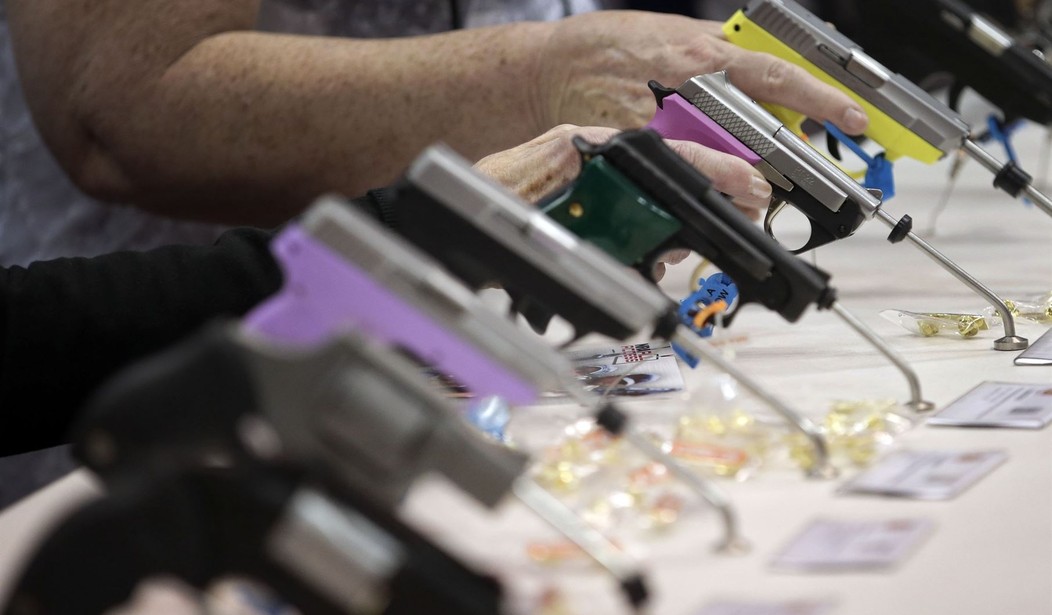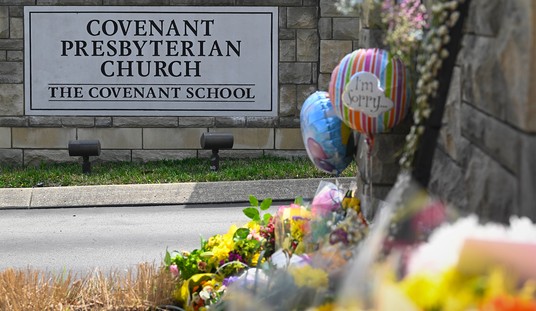When the Fourth Circuit Court of Appeals ruled earlier this month that a federal law blocking sales of handguns to those under the age of 21 was unconstitutional, it did so despite declaring that one of the plaintiffs’ claims was moot. Tanner Hirschfeld was under 21 when the federal lawsuit was first filed, but that he’s reached that age and can purchase a pistol from a gun store, Judge Julius Richardson ruled that Hirschfeld’s complaint was no longer valid.
Thankfully the other plaintiff, Natalia Marshall, is still under the age of 21, and that allowed the Fourth Circuit panel to hear and ultimately accept her claim that her Second Amendment rights are violated by the federal law that denies her the ability to purchase a handgun for self-defense.
Well, guess who’s about to turn 21?
As Jonathan Adler wonders at Reason, what happens to this case during the appeals process if both plaintiffs are now over the age of 21?
There is an argument this case should not be deemed moot under the exception for cases that raise issues that are capable of repetition yet evading review, but it is not entirely clear that exception applies here. On the one hand, it is likely that future cases brought by 18-20 year olds could meet the same fate before they make their way through the legal system. On the other hand, there are cases such as United States v. Juvenile Male that suggest mootness could be a significant problem.
One thing is clear, if there are additional proceedings in this case, whether before an en banc Fourth Circuit or the Supreme Court, the mootness issue will have to be addressed.
Now, to my non-lawyerly way of thinking, the case should absolutely proceed even though the two plaintiffs will both soon be old enough to buy pistols from gun stores under federal law. Given the glacial pace of legal proceedings, to moot the case simply because Hirschfeld and Marshall reached the age of 21 would mean that these age-based restrictions would be largely exempt from judicial scrutiny. Defendants (in this case the federal government), can just run out the clock on cases going forward, stalling and delaying as long as possible to ensure that when any future lawsuit reaches the appellate or Supreme Court level the plaintiffs no longer have standing to sue.
It’s expected that the Department of Justice will ask the Fourth Circuit for an en banc review of the case, which will take months to complete. By the time oral arguments are held, both Hirschfeld and Marshall will have reached the age of 21, and the government can always argue that their claims are now moot. As one Twitter user noted, the three-judge panel that overturned the federal law didn’t address the mootness issue in their own opinion, and that could have a huge impact on the case going forward.
The panel didn't address it because they thought they didn't need to. So the en banc court now has an out to avoid addressing the merits and getting the Supreme Court's attention: they can just vacate the panel opinion and make the case disappear.
— John Doe (@fedjudges) July 14, 2021
That would be an absolute travesty, but given the current makeup of the Fourth Circuit Court of Appeals, it’s also well within the realm of possibility. There’s clearly a live issue involving the federal ban on retail sales of handguns to under-21s, but if there’s no way to for an 18-year old to get a case from district court to SCOTUS within three years, then how can the law ever be successfully challenged?
I’m sure the plaintiffs’ attorneys are prepping their argument about why this case shouldn’t be considered moot once both plaintiffs reach the age of 21. I just hope that en banc panel of the Fourth Circuit (which seems like the most likely next stop for the case) is prepared to listen.








Join the conversation as a VIP Member